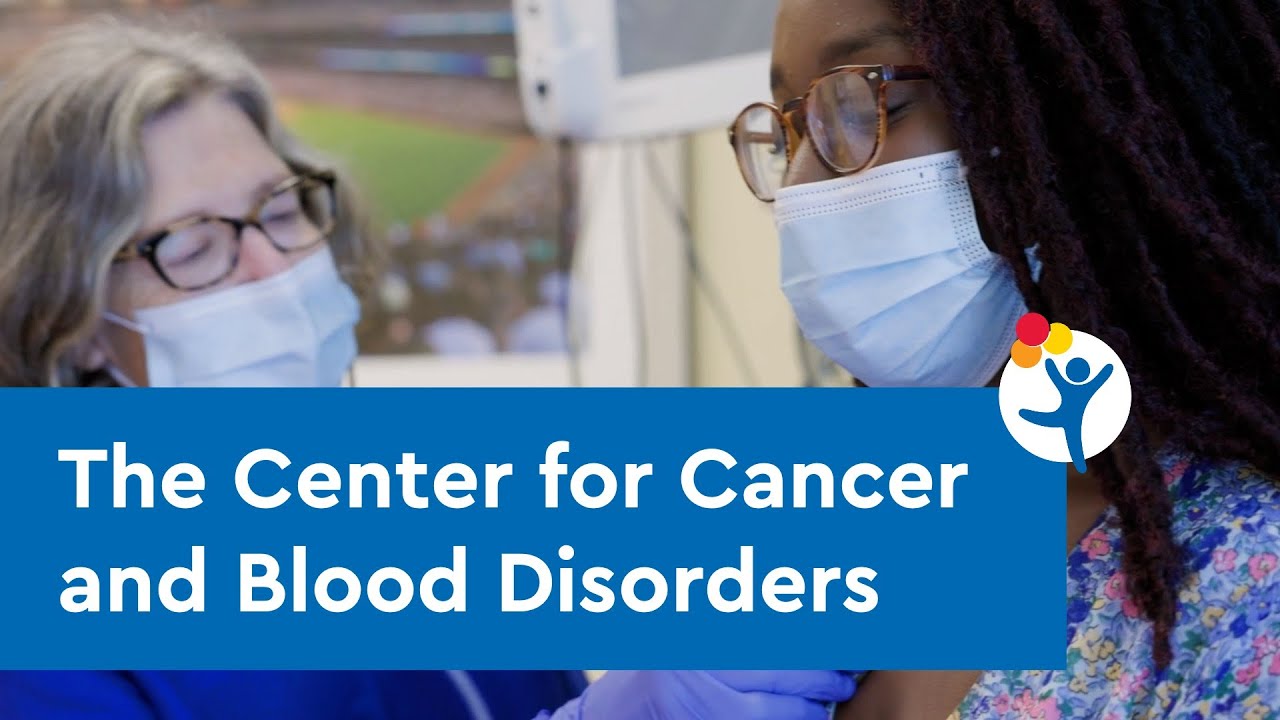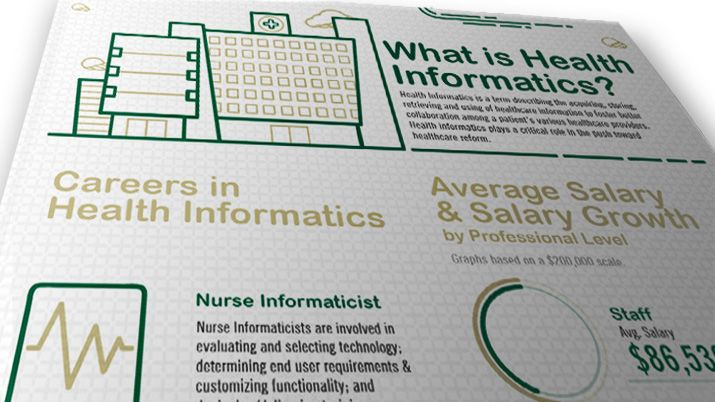
Whether you are living in a nursing home or in your own home, you should consider making an advance directive. This will give your loved ones and you peace of heart, especially if you are incapacitated. It will be used to inform your doctor or medical personnel of the treatment you want, and what you refuse. If you are unable or unwilling to communicate your feelings and values, it can help you communicate them. It can also be used to help you make decisions about your body's future.
There are many forms that you can choose from. A lawyer or social worker may be able to help you select the best one. Depending on your situation, you may need to get the form notarized. It may be necessary to witness it. If you don’t have an attorney you can make an advance directive or download a form from the state bar association website. Once the form is completed, you should notarize it and give it to your doctor. You should send copies to your doctor, and other people who are involved in your care.

An advance directive is also referred to as a living will, a medical power of attorney, or a health care proxy. It is a legal document that names who you want to make your medical decisions for you in the event you become incapacitated. It is important that you keep your advance Directive updated whenever your medical conditions change. It is also important to keep it updated if you are given a new diagnose or have significant life changes such as a marital change or a marriage.
You can use an advance directive to tell your doctor what you would like to be done with your body once you die. For instance, you might want artificial life support to be removed. You may also state that you do not want CPR or water to be administered intravenously. You can also ask to have food or liquids stopped if your eating or drinking is not permitted. If you have pacemakers, you must state what you wish to do with them. It is also possible to say that your heart will continue beating until you are no longer able to do so.
You may also elect a person to serve as your agent. You must trust the person you choose to represent your interests. Your agent should also understand your goals and financial resources. You may also choose to list a person as an alternate agent if your agent is unavailable. If you have an agency, you should inform your doctor and your family.

Some states also require a notary public to be present at the time of the signing. You may also need to have copies of your advance directive signed by a witness.
FAQ
How can my family have access to high-quality health care?
Your state will probably have a department of health that helps ensure everyone has access to affordable health care. Some states also offer coverage for families with low income children. You can contact your state's Department of Health for more information about these programs.
What is the difference?
A doctor can be defined as someone who has completed medical training and is licensed. A physician is a doctor who specializes in a particular area of medicine.
What do you think are some of the most important issues facing public health today?
Many people have problems with obesity, diabetes, heart disease and cancer. These conditions result in more deaths per year than AIDS combined with car crashes and murders. High blood pressure, strokes, asthma and arthritis are all caused by poor nutrition, exercise and smoking.
Who controls the healthcare system and who pays it?
It all depends on how you view it. The public hospitals could be run by the government. Private companies may run private hospitals. Or a combination.
Statistics
- Healthcare Occupations PRINTER-FRIENDLY Employment in healthcare occupations is projected to grow 16 percent from 2020 to 2030, much faster than the average for all occupations, adding about 2.6 million new jobs. (bls.gov)
- Price Increases, Aging Push Sector To 20 Percent Of Economy". (en.wikipedia.org)
- Over the first twenty-five years of this transformation, government contributions to healthcare expenditures have dropped from 36% to 15%, with the burden of managing this decrease falling largely on patients. (en.wikipedia.org)
- About 14 percent of Americans have chronic kidney disease. (rasmussen.edu)
- For the most part, that's true—over 80 percent of patients are over the age of 65. (rasmussen.edu)
External Links
How To
What is the Healthcare Industry Value Chain
The healthcare industry value chains include all the activities involved with providing healthcare services. This includes both the business processes in hospitals and clinics, as well the supply chains that connect them with other providers like doctors, pharmacists, insurers, manufacturers, wholesalers, distributors, etc. The result is a continuum which starts with diagnosis and ends in discharge.
The value chain consists of four major components.
-
Business Processes: These are all the tasks performed by people throughout the entire delivery of healthcare. A physician might order medication for a patient, then perform an examination. Each step along the way must be completed efficiently and accurately.
-
Supply Chains are all the organizations responsible for making sure the right supplies reach their intended recipients at the right time. A typical hospital has dozens of suppliers, including pharmacies, lab testing facilities, imaging centers, and even janitorial staff.
-
Networked Organizations (NO) - In order to coordinate the various entities, communication must exist between all parts of the system. Most hospitals have multiple departments. Each department has its own office and phone number. To ensure that everyone is up to date, every department will have a central point from which employees can access updates.
-
Information Technology Systems – IT is crucial in order to ensure that business processes run smoothly. Without it, things would fall apart quickly. IT also allows you to integrate new technologies in the system. A secure network connection can be used by doctors to connect electronic medical records to their workflow.